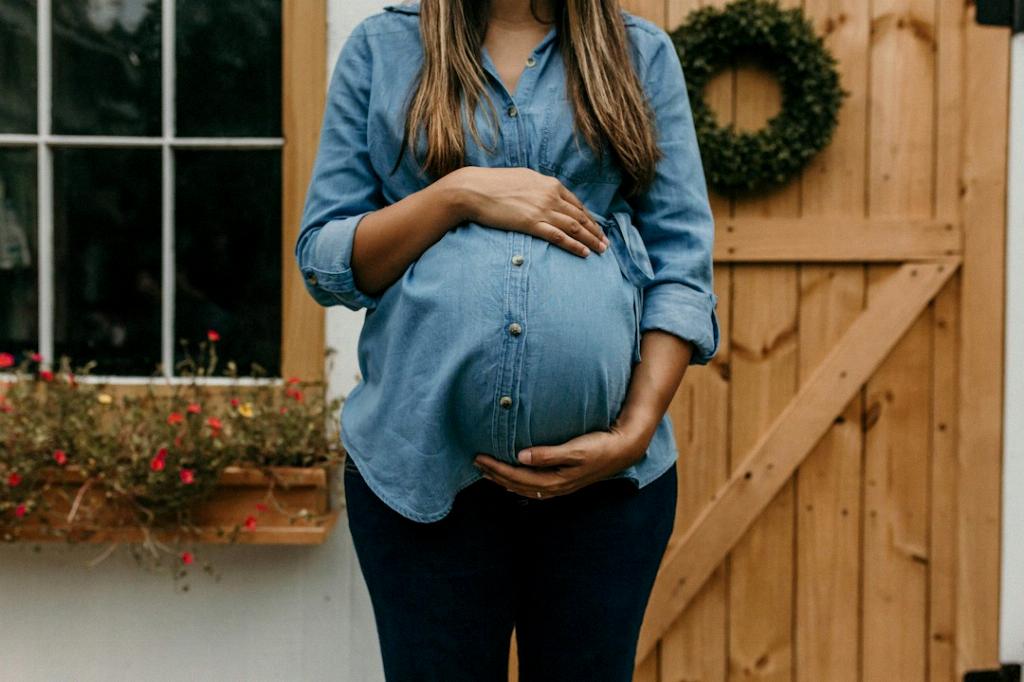It can be an unnerving experience when your period is late, yet your pregnancy test turns out negative. This common scenario can be attributed to a variety of factors, ranging from lifestyle changes to reproductive health issues. Understanding the reasons behind a late period coupled with a negative pregnancy test can help alleviate some of the anxiety and confusion that often accompanies this situation.
Possible Reasons for a Late Period
There are several potential explanations for why your period may be delayed, even if you are not pregnant. Stress, changes in weight, hormonal imbalances, illness, or certain medications can all disrupt your menstrual cycle. Additionally, intensive exercise, travel, or significant dietary changes can impact the regularity of your periods.
The Role of Pregnancy Tests
Pregnancy tests work by detecting the presence of the hormone human chorionic gonadotropin (hCG) in your urine. However, taking a pregnancy test too early, before your body has produced enough hCG, can result in a false negative result. It is recommended to wait at least a week after your missed period to ensure more accurate results.
Considering Ovulation and Fertility
If you are trying to conceive, understanding your menstrual cycle and ovulation patterns is crucial. Tracking your ovulation can help pinpoint the most fertile days of your cycle and increase your chances of becoming pregnant. However, irregular periods can complicate this process, making it essential to consult with a healthcare provider if concerns arise.
Impact of Hormonal Imbalances
Hormonal imbalances, such as thyroid disorders or polycystic ovary syndrome (PCOS), can disrupt your menstrual cycle and lead to irregular periods. These conditions can also affect fertility and may require medical intervention to manage symptoms and restore hormonal balance.
Stress and Menstrual Irregularities
High levels of stress can influence your menstrual cycle and cause delays in your period. Chronic stress can disrupt hormone production and affect the regularity of your periods. Finding ways to manage stress through relaxation techniques, exercise, or counseling can help regulate your menstrual cycle.
Importance of Lifestyle Factors
Your lifestyle choices, such as diet, exercise, and sleep patterns, can impact your menstrual cycle. Maintaining a balanced diet, engaging in regular physical activity, and ensuring an adequate amount of rest can contribute to hormonal balance and promote regular periods. Making healthy lifestyle changes can positively influence your reproductive health.
Consulting with a Healthcare Provider
If you continue to experience irregular periods or persistent negative pregnancy tests, it is advisable to seek guidance from a healthcare provider. A healthcare professional can conduct further tests, evaluate your reproductive health, and provide personalized recommendations to address any underlying issues contributing to your late period.
Understanding Reproductive Health
Reproductive health plays a crucial role in overall well-being, and any changes in your menstrual cycle should be monitored and addressed accordingly. Whether you are trying to conceive or simply tracking your menstrual cycle, staying informed about reproductive health and seeking professional guidance when needed are essential steps in maintaining your overall health.
Conclusion
In conclusion, a late period with a negative pregnancy test can be attributed to various factors, including lifestyle choices, hormonal imbalances, stress, or reproductive health issues. It is essential to consider these potential causes and consult with a healthcare provider if you have concerns about your menstrual cycle. By understanding the interplay between your reproductive health and overall well-being, you can take proactive steps to address any underlying issues and promote a healthy menstrual cycle.

